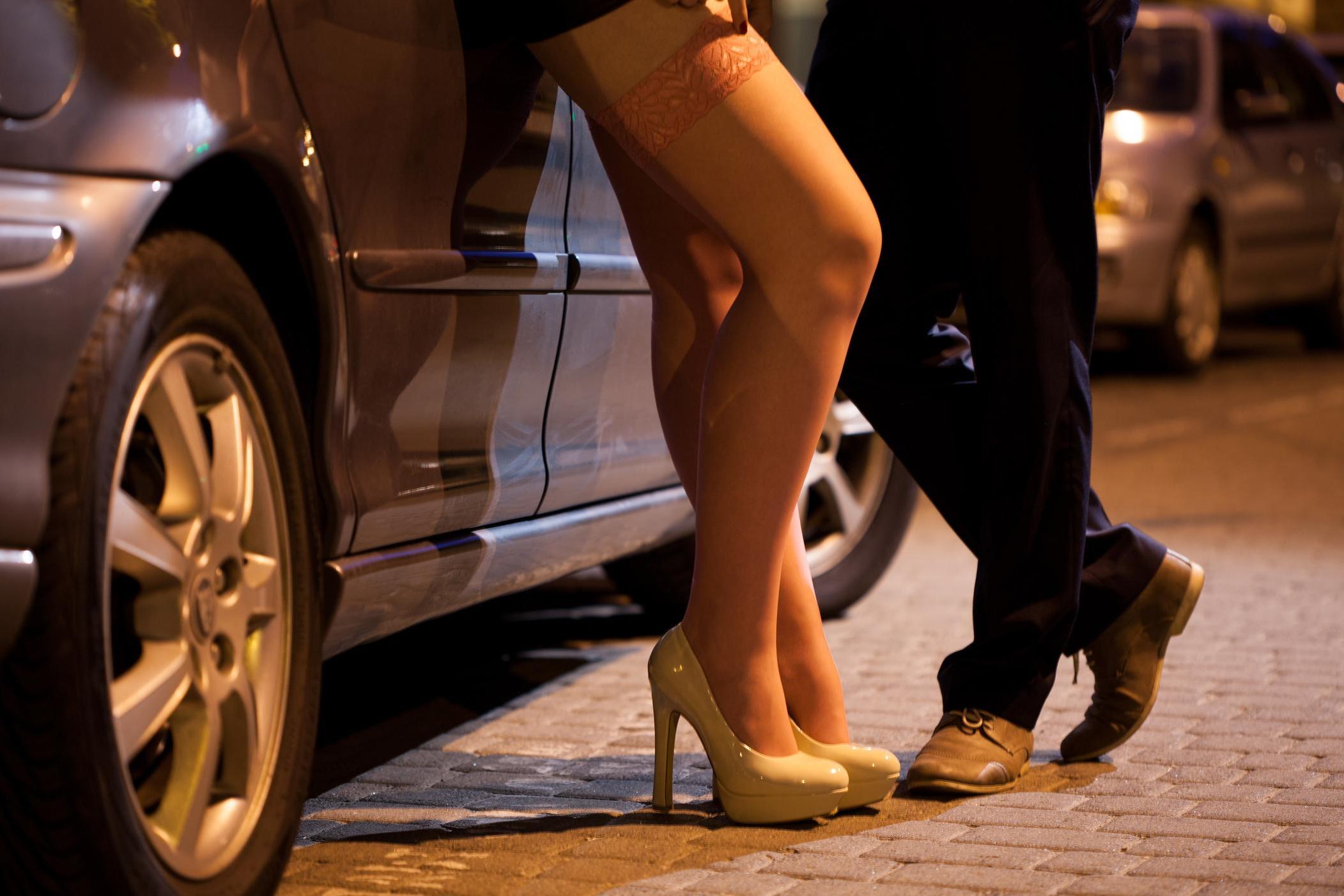Former prostitutes should not be forced to reveal convictions, rules High Court
'Finally, I feel like a weight has been lifted off my shoulders,' says long-time campaigner Fiona Broadfoot

Former prostitutes should not be made to reveal their convictions, the High Court has ruled, in a landmark judgment that marks a step towards decriminalisation.
Three female former sex workers who said they were “groomed, pimped and trafficked” argued that the law currently discriminates against women and breaches their right to a private life.
The trio said they were forced into sex work as teenagers and each have multiple convictions for soliciting or loitering under the Street Offences Act.
Two senior judges have now ruled the law forcing them to reveal their past convictions is unlawful and “not necessary in a democratic society”.
Mr Justice Holroyde, sitting with Mrs Justice Nicola Davies, found that the disclosure of their convictions for soliciting was disproportionate and a significant violation of their right to private life.
“We accept that the claimants have all suffered a handicap in the labour market, and have suffered embarrassment and humiliation, because of the operation of the multiple conviction rule,” the judges said in their ruling.
“In our view, it should be and is possible for Parliament to devise a scheme which more fairly balances the public interest with the rights of an individual applicant for employment in relevant areas of work.”
The ruling should result in the women being able to have their Discolsure and Barring Service records filtered to remove the soliciting offences, although the mechanism for this is not yet clear.
Fiona Broadfoot, one of the claimants, who waived her anonymity in this case, said she had been fighting for 20 years for a change in the law.
“Finally, I feel like a weight has been lifted off my shoulders – it’s a vindication,” she said. “I have carried these convictions around – eight pages of them – all my life and it’s a disgrace.
“Not one of those men who bought and used and abused me – even the ones who knew fine well I was a child when first put on the streets – has ever had to face the consequences of his actions. It has been a long fight but worth it.”
The women’s lawyer, Harriet Wistrich, added: “This is an important judgment – although there were only three claimants in this case, the judgment will benefit all women in these circumstances and has the potential to bring about real change for sex trade survivors who should never have been criminalised in the first place.
“Unfortunately, the court were not persuaded by our argument that the practice discriminates against women or is in breach of duties with regard to trafficked women. We will be seeking permission to appeal in relation to those broader points.
“It is not easy for women with a history of prostitution to come forward and advocate for themselves and others – so much stigma attends them – so the courage and determination of these women is to be applauded.”
Karen Ingala Smith, CEO for nia, a women’s charity that is supporting the women, said: “We feel strongly that these women should never have been convicted in the first place. Prostitution is symptomatic of women’s continued inequality and discrimination and a form of violence against women.
“These women were exploited and coerced and yet it is their lives, not those of their buyers and pimps, that were blighted with convictions. They should not have had to take up this fight, but they did and it is to the benefit of all those exploited in prostitution”.
Join our commenting forum
Join thought-provoking conversations, follow other Independent readers and see their replies
Comments
Bookmark popover
Removed from bookmarks